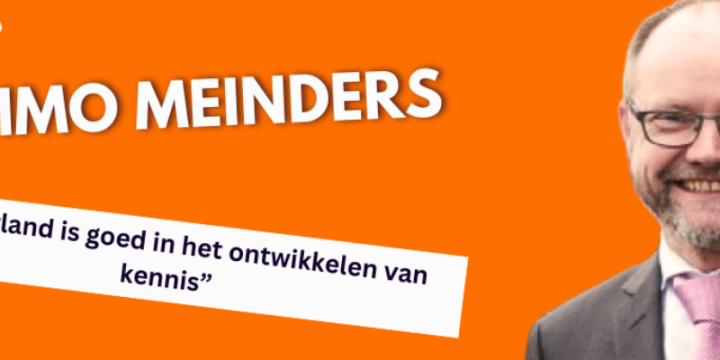The European Union will not succeed in extracting enough rare raw materials from the ground, despite the objective of the European Commission (EC). This is what international experts say at a meeting of ChemistryNL. The EC aims to obtain ten percent of the critical raw materials, such as nickel, platinum, copper and lithium, from our own soil by 2030. But the raw materials still mostly come from abroad.
Chemist Reinier Grimbergen is one of the experts who sound the alarm. 'Technically that ten percent is achievable. But it takes an average of ten to fifteen years to open a mine. That's because of the licensing, building the equipment, and getting things going. Very simple: that is not plausible,' says the chemist, who also works at the TNO research institute.
Accelerate energy transition
The European Commission wants EU countries to excavate a large proportion of these critical raw materials themselves from now on. This can reduce dependence on other countries, including dubious regimes. The raw materials are also badly needed to accelerate the energy transition. Lithium, for example, is an important product in batteries for electric cars, among other things.
But Grimbergen would also not be surprised if it suddenly succeeds before 2030. "I don't want to be too negative. During the energy crisis, we were also able to construct LNG terminals in an unprecedented amount of time. That has never been seen before. But if you start from the historical time perspective, then it is unlikely that we will just make it.'
Time pressure
In addition to the EU's target of ten percent for the excavation of its own raw materials, the EC also wants fifteen percent of the raw materials to come from reuse. But that goal will also be difficult to achieve, the chemist thinks. 'To get that energy system done, we first have to build an enormous buffer and bring the materials into the system before we can also recycle on a large scale.'
There is also time pressure, says Grimbergen. 'Because how many raw materials are in our system now compared to the enormous quantities we need?', the chemist wonders.





